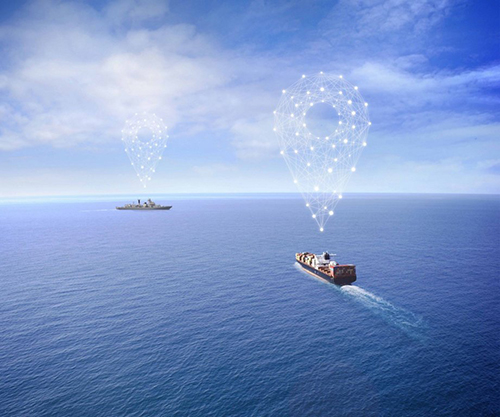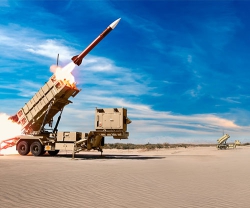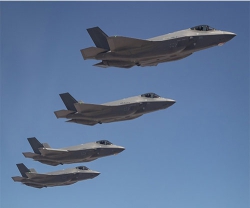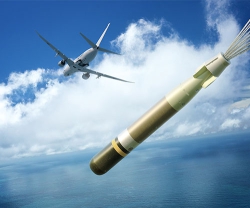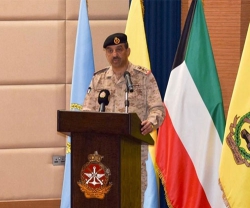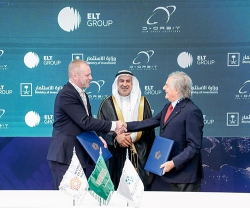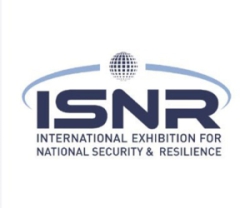Airbus Defence and Space has released the latest version of OceanFinder, its digital maritime service to detect, identify and track collaborative and non-collaborative vessels around the globe.
First launched in 2018, OceanFinder leverages Airbus’ advanced constellation of optical and radar satellites, combined with real-time global Automatic Identification System (AIS) data, and the latest in automated analytics, to support a broad range of critical applications across defence and security, shipping, oil and gas, and insurance markets.
OceanFinder’s latest updates introduce a number of innovative features – extending the service’s capabilities in several key areas. From today, users will benefit from enhanced imagery and AIS data correlation to identify the precise location of a non-responding vessel in near real-time.
This development has been combined with the latest in fully-automated detection and classification, which utilises powerful proprietary algorithms to determine a vessel’s identity in just a few seconds. Subsequently, Airbus’ human analysts are able to focus on providing additional, value-added intelligence, such as interpretation of specific behaviour or threats, without delaying a report’s delivery.
New tools have also been incorporated to provide the most relevant acquisition plan to predict routes and projected locations of vessels, based on last position, date, trajectory and speed.
Several of the unique features have been made possible through a multi-year partnership with exactEarth, a leading provider of satellite-AIS data services. The agreement, which provides OceanFinder with access to exactView RT - exactEarth’s second-generation real-time satellite-AIS data platform - includes all live and archived data.
“By combining Airbus’ satellite imagery with the most advanced AIS data services and analytics, we are positioning OceanFinder as a key reference for maritime detection and identification” said François Lombard, Director of the Intelligence Business for Airbus Defence and Space.
“Automation and near real-time are the two pillars through which we will provide our customers with the insights they need to make decisions faster, whether for real-time situational awareness, Search and Rescue operations or location and tracking of illegal maritime activities,” he added.
Airbus is a global leader in aeronautics, space and related services. In 2018 it generated revenues of € 64 billion and employed a workforce of around 134,000. Airbus offers the most comprehensive range of passenger airliners.
Airbus is also a European leader providing tanker, combat, transport and mission aircraft, as well as one of the world’s leading space companies.
In helicopters, Airbus provides the most efficient civil and military rotorcraft solutions worldwide.

